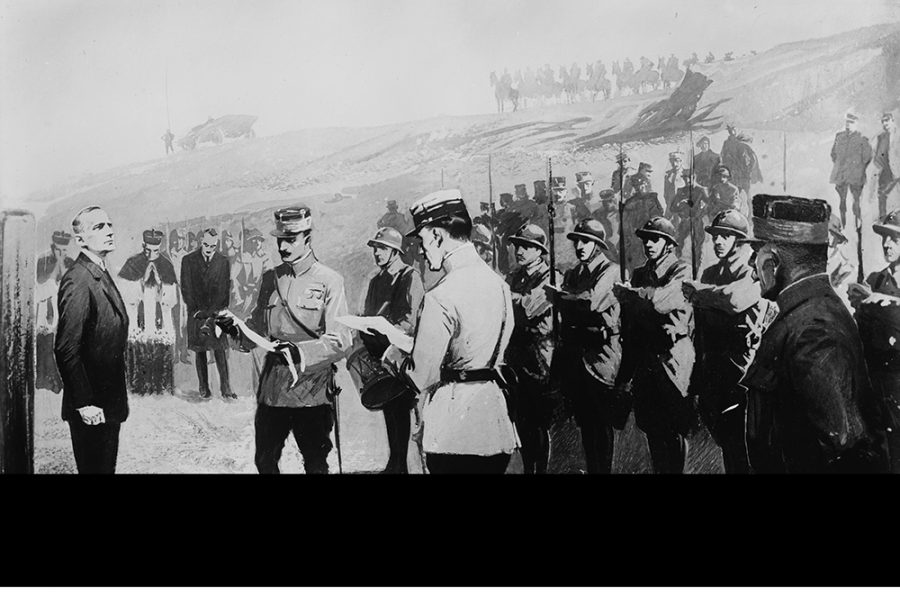Executing justice through death
The death penalty is justified in the Christian perspective.
April 14, 2015
The subject of justice and humanity has been a prevalent topic lately. The upcoming presidential elections and the return of firing squads in Utah’s use of capital punishment brings up the issue of where the line between justice and humanity lies. As Christians, what should our perspective be on the death penalty? Should we support it?
ROOM FOR CAPITAL PUNISHMENT
Many Christians prefer the New Testament, which offers an abundance of hope and mercy, while neglecting the Old Testament which can seem antiquated and harsh. The Bible contains the Old Testament for a reason: it established the laws set down for man to live by. God knew not all would obey him, but there would also be those who would love him and follow him faithfully. Jesus himself affirms the Old Testament by saying in Matthew 5:17, “I did not come to abolish the Law or the Prophets but to fulfill them.” We are called not just to follow the New Testament but the commandments set down in the Old Testament as well. So what does the Old Testament say?
The Ten Commandments given to Moses by God are a prime component of the bedrock of our faith. They include the command “Thou shall not murder” found in Exodus 20:13. Note that this command is not “Thou shall not kill,” but talks of unjust killing. This tells us there is indeed room for capital punishment, that there are those who are so evil and have committed such crimes that they need to face death to answer for what they have done. Since we are called to obey the commandments, we can conclude that God does want us to carry out justice and we are to fulfill these laws as a response to God’s love.
INFINITE MERCY
Many will raise the question, “What about the grace and mercy preached from the New Testament?” God has shown infinite mercy to us human beings. For example, Paul the Apostle murdered hundreds of Christians but was converted by Christ himself and went on to be one of God’s strongest apostles and lived his life knowing he could never make up for his misdeeds. Paul later tells us in Romans 13:1-5 to submit to governing authorities as they are sanctioned by God. Of course, corrupt authorities, but there is also a system of checks and balances and other vigilant members of society who try to assure that this does not happen. We cannot live life mistrusting every authority out there — it makes life impossible and unlivable.
GRACE AND DIGNITY
If we can afford the death penalty as Christians, how can we carry it out? Simply, with grace and dignity. People were executed in older times with what now seem as cruel tools, but in those times they were not cruel, they were merciful. In France, the introduction of the guillotine was met with warm welcome because it was a death far more instantaneous than an executioner lopping off a criminal’s head with an axe. With advances in technology, we can now look back at these tools and be disgusted with what humanity had to work with to administer justice, but it does not mean we stop justice altogether because of past misuse. Christians are called to both forgive and administer justice, these two do not cancel one another out; they can coexist. As it is written in Isaiah 1:17, “Learn to do good; seek justice, correct oppression; bring justice to the fatherless, plead the widow’s cause.”







